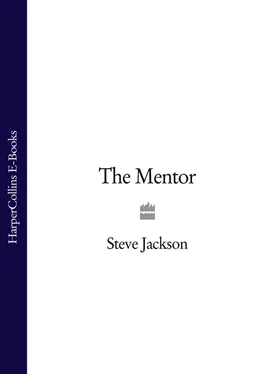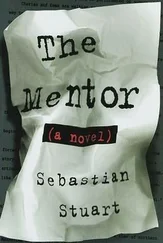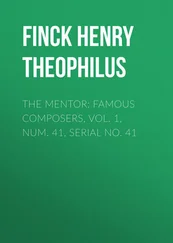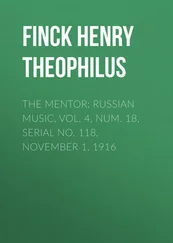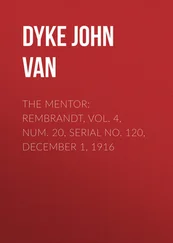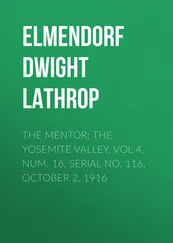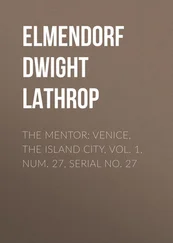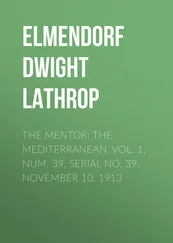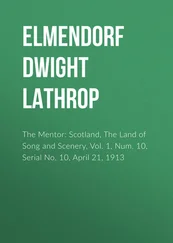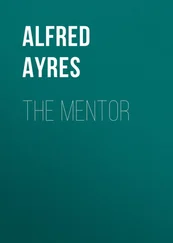There had been little love between his mother and Brian, and his mother’s motivation to marry had always struck Aston as pragmatic rather than romantic. A single mother in the Seventies, she’d simply done what was necessary to survive. Aston didn’t blame her. He’d had a pleasant middle-class upbringing, lived in a comfortable house, never wanted for anything. Things could have been very different.
Aston was first ‘approached’ a couple of days after his Finals. He knew Professor Charles Devlan by sight and reputation; most students did. Devlan was a computer genius, although according to his students Computer God was more accurate. He had a long grey ponytail, dressed in jeans and T-shirts, and was about as un-Oxford as it was possible to get – eccentric in ways that left his colleagues scratching their heads. Aston could never work out why he was a lecturer when he could have been earning millions in the private sector.
‘Mind if I walk with you for a bit?’
Aston was on his way to the library to drop off some overdue books. He turned and saw Devlan beside him, a big smile lighting up his boyish face. Aston shrugged and said he didn’t mind, thinking it a bit strange.
‘Aston, isn’t it? Paul Aston?’
‘Yes, sir,’ Aston replied, wondering how he knew his name. He’d never attended any of Devlan’s lectures; there was no reason he should know who he was.
‘So, Paul, have you thought about what you’re going to do when you leave?’
‘Well, I was planning on taking a year out, do some travelling. After that, I’m not sure. My stepfather has a job lined up for me at Barclays but I don’t know if that’s the route I want to take.’
‘Ah, I see.’ Devlan paused. ‘I don’t suppose you’ve ever considered working for the Government?’
‘Not really.’
‘No, I don’t suppose you have. Maybe you should think about it, Paul. I’ve got a few contacts. I could point you in the right direction. Anyway, must dash.’ And with that he was gone.
It was one of the most peculiar and intriguing conversations Aston had ever had. In particular, the emphasis Devlan had placed on the word ‘Government’ had left Aston in little doubt of what he was getting at.
The offer appealed to the Walter Mitty in him and three weeks later he was flicking through a copy of The Economist in the reception hall at 3 Carlton Gardens, an elegant old building in SW1 that overlooked St James’s Park. A secretary appeared and Aston fought the urge to cock an eyebrow and call her ‘Mish Moneypenny’. He followed her across the marble floor, up the stairs to the mezzanine.
Mr Halliday was a bear of a man who topped off well above the six feet mark. His brown striped suit was years out of date and made him look like a bank manager from the Forties. He even had a pocket watch, the silver chain dangling from his waistcoat. His hair was snow white, clipped in a neat short back and sides, Brylcreemed in place. He offered a hand and Aston braced himself for a bone crushing. Halliday’s grip was surprisingly gentle. He pointed Aston to a seat, then sat down on the other side of the mahogany desk and pushed a sheet of paper and pen across the burgundy leather blotter.
‘Before we get started,’ he said, ‘I need you to read and sign that.’
TOP SECRET was printed in red across the top of the sheet and the words sent electricity shooting up Aston’s spine. Underneath the extract from the Official Secrets Act was a space for his signature. He made his mark, pushed the sheet back across the desk.
‘Excellent.’ Halliday reached into the desk drawer and pulled out a green ring binder. ‘Now I’d like you to read this.’ He put his hands behind his head, rocked back in the chair, and didn’t say another word until Aston finished.
There were more than thirty pages in the folder, each one tucked safely away in a clear pocket. The first part gave a history of MI6 and set out the service’s aims and objectives. The second part was an A to Z of life in MI6: six months on the IONEC; a couple of years manning a desk at HQ; after that, alternate three-year home and overseas postings until compulsory retirement at 55. What it amounted to was the next thirty-odd years of his life being mapped out for him. This didn’t sit well with Aston. He did the interview on autopilot, his mind already made up. Thanks but no thanks.
The year he spent travelling was a blast, the three years working for Barclays a prison sentence. His escape came in the form of a chance meeting with Professor Devlan in Camden Market one rainy Saturday afternoon. Aston was browsing through a second-hand book stall, turning the pages of a Stephen King novel he couldn’t remember if he’d read or not, when someone said his name. He looked up and recognised the professor straightaway. The ponytail was a bit whiter, but the boyish face hadn’t aged at all. They got chatting, and on hearing that Aston’s career wasn’t everything it could be, the professor suggested he reconsider working for the Government. Aston said he might just do that. The next day he wrote a letter and mailed it to 3 Carlton Gardens. At the time he didn’t find anything suspicious about his chance encounter with Devlan. Lots of people visited London. In retrospect, it had obviously been a set-up. Ten days later Aston was once again following Mish Moneypenny up the marble staircase to Mr Halliday’s office.
Halliday had changed considerably since they’d last met. He’d lost almost six stone, and, more impressively, had shrunk by a good five inches. His eyes had changed from brown to a piercing ice blue; they twinkled as if he was sharing a joke at the universe’s expense. If asked, Aston would have placed this incarnation of Halliday in his mid-forties, however, there was something he couldn’t put his finger on that led him to believe he was in his fifties. His hair had once been blonde and had now faded to the colour of sunbleached corn; if there was any grey it had been hidden by chemicals or plucked. They shook hands then went through the same rigmarole as before: the signing of the OSA form, the reading of the green folder. This time Aston considered each question carefully before answering. Halliday wanted to know everything, from his inside leg measurement to his political leanings, from his family history to his criminal record. Aston left Carlton Gardens feeling as though he’d been buggered by the Spanish Inquisition, convinced that he’d screwed up the interview.
Halliday must have thought differently, because two weeks later Aston found himself in Whitehall where he spent the day undergoing a gruelling series of civil service tests and interviews. The following week he was back at Carlton Gardens for a grilling by a panel of MI6 officers. Halliday mark II was hovering in the background, no doubt listening for any inconsistencies in his answers.
The final stage was the security check, an extensive excavation of his past where every cupboard was checked for skeletons. Aston’s juvenile conviction for shoplifting presumably didn’t count because a couple of months later the acceptance letter dropped onto the doormat.
The IONEC passed in a blur with weeks alternating between London and MI6’s training facility at The Fort in Portsmouth. Aston quickly discovered that alcohol was the oil that kept the cogs of MI6 turning smoothly … not that this was a problem. He also discovered his love affair with booze was shared by George; one of the many things they had in common. They were equally competitive, always trying to upstage one another, and the IONEC soon turned into a two-horse race. In the end Aston pipped her at the post. George ended up with a ‘Box 2’ on her staff appraisal form – above average. Aston got a ‘Box 1’. Of course, this was another excuse to go out and get pissed.
Читать дальше
